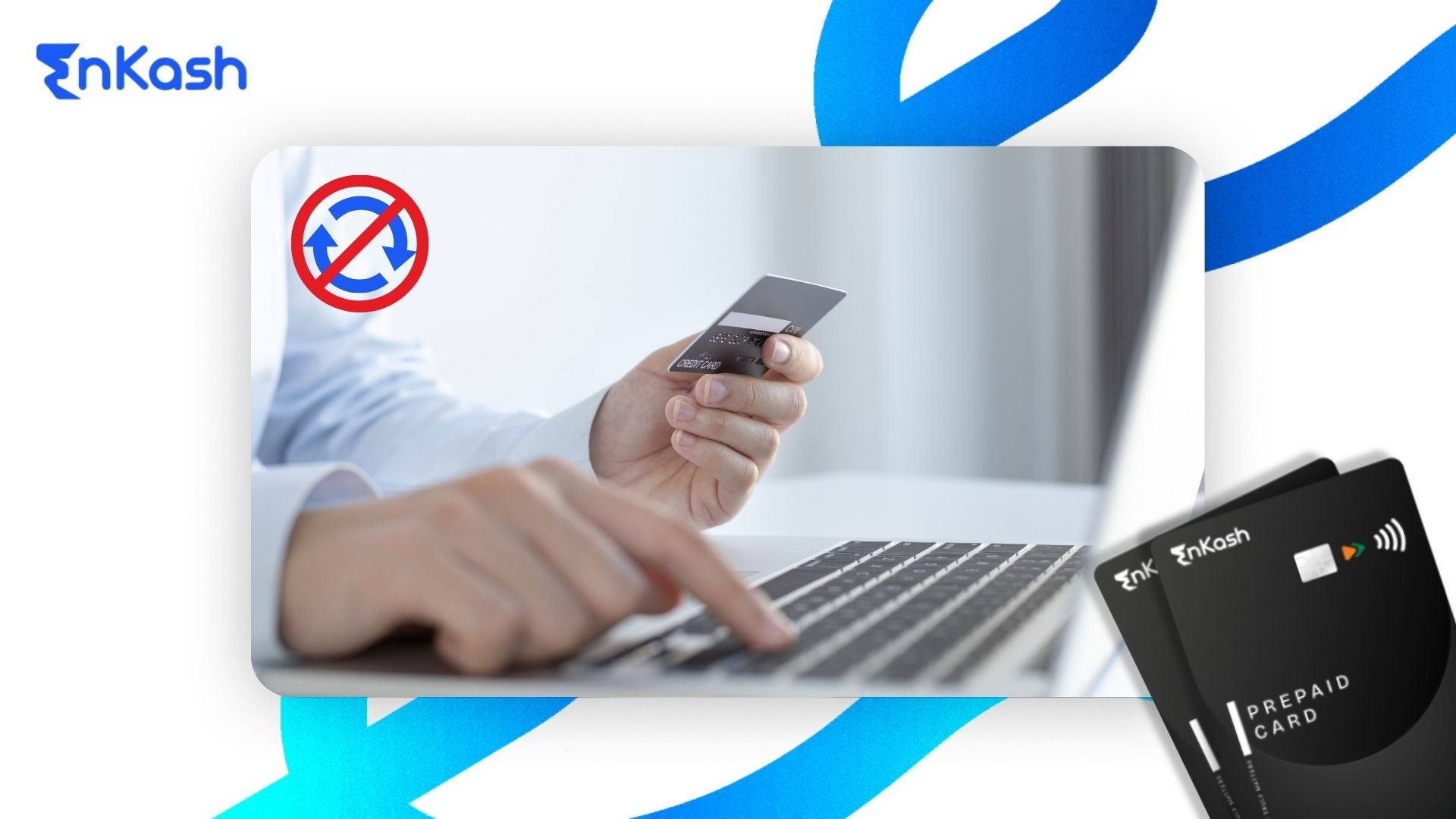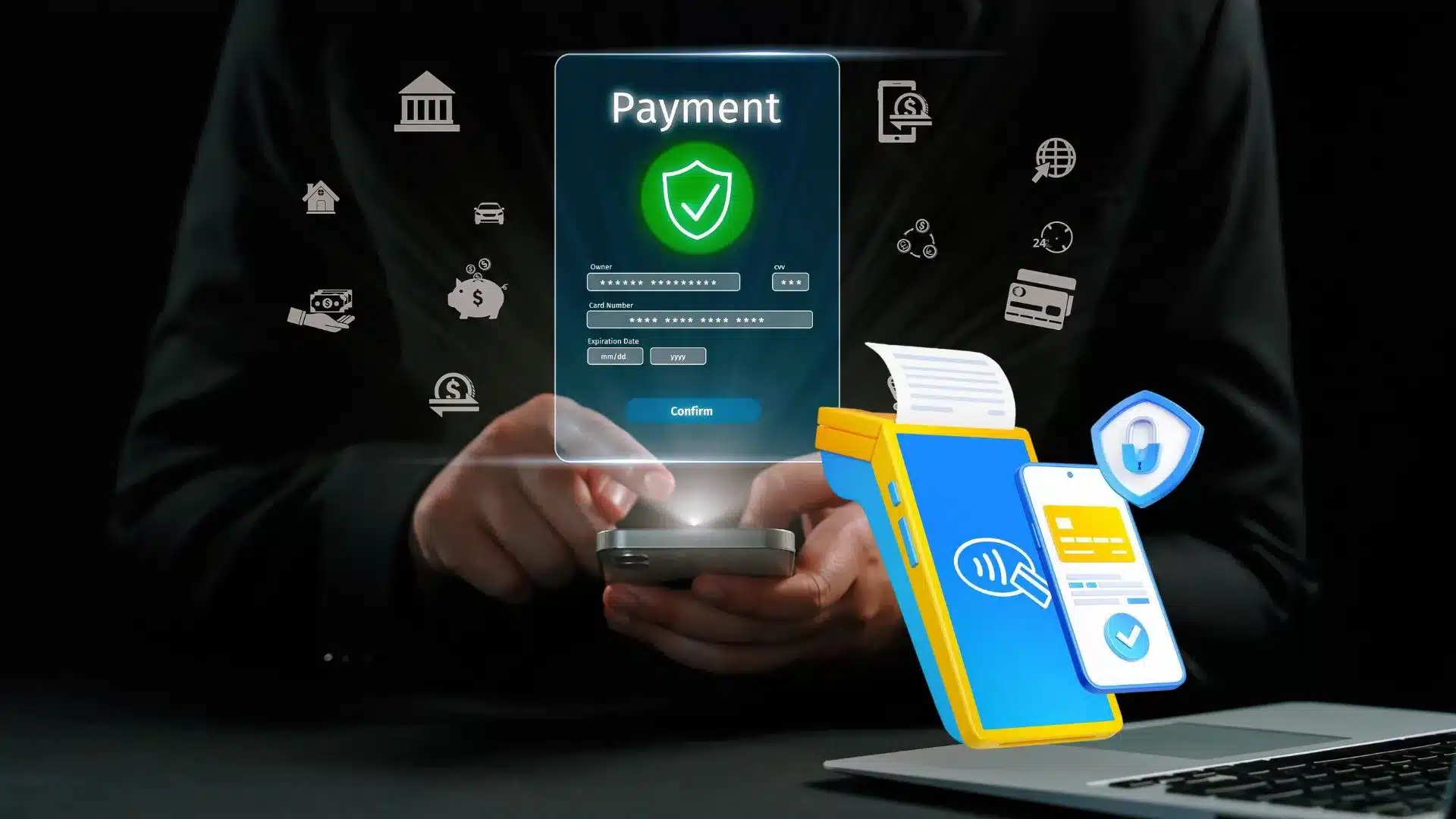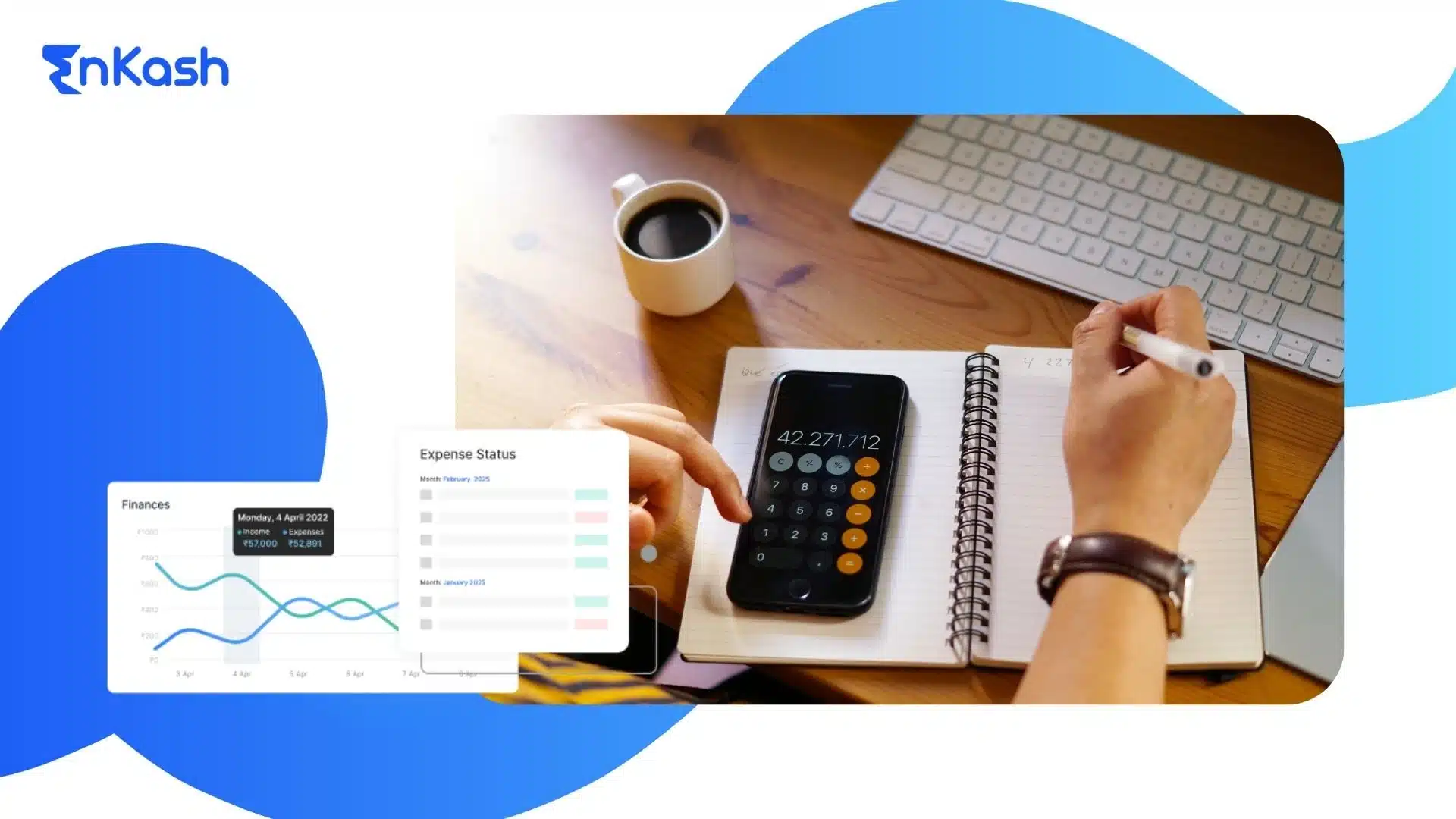Introduction
Today, in this very fast-paced digital world, prepaid cards have come into being as one of the strongest tools for financing personal and business avenues. Non-reloadable cards provide a very simple, secure, and controlled means for funds disbursement. Some short-term uses for such cards include employee incentives, travel allowances, or brand promotions. But what exactly is a prepaid non-reloadable card? And when would you prefer one over the others? So, let’s get into its non-reloadable meaning, how it functions, and its benefits and usages, especially suited for EnKash partners offering custom card solutions.
What Is a Non-Reloadable Card?
In today’s fast-moving financial world, non‑reloadable cards have become a sleek, convenient, and highly controlled payment option. A non-reloadable card is basically a prepaid card that is charged with a fixed amount and can never be recharged after the money is depleted.
These card types are increasingly popular for gifting, promotion, reward activities, and one-time business expenses. Non-reloadable cards are payment cards having a prepaid amount; that prepaid amount gets loaded on the card, and automatically the application of the same card expires, once a user finishes spending the whole value loaded on it. Hence, money cannot be credited onto this card again; hence, it is said to be a one-time load solution. The term reloaded, used by every other prepaid card, stands in direct opposition to this type: One having a non-reloadable card will not put money into their balance again.
The non-reloadable prepaid card is therefore distinguished from the usual banking methods, like a debit or credit card, simply because it allows one load of money onto it once and one-time use of that money. Non-reloadable cards allow for limited, purposeful spends-that meaning means that these cards are most useful to employers who want to permit their employees’ controlled use of company funds without any risk of overspending. Corporations also like them to be used in giving out rewards or recognition because this option frees them from any complications related to account maintenance or credit checks. Once money is loaded into such a card, it may carry an expiry date, and depending on the organization’s choice, it can also be activated for online or offline uses.
These cards are primarily popular as non-reloadable gift cards, issued during festivals and promotional events, or even for employee engagement programs. The cards provide considerable budget control to organizations since spending cannot go beyond the amount preloaded on them, while still ensuring convenience for the recipients. Since Diwali bonuses or corporate giveaways are involved, many enterprises have increasingly made non-reloadable gift cards their preferred mode of giving.
How Non-Reloadable Cards Work
To better explain how non-reloadable cards work, let us delve into the mechanism behind these cards. Cards can be loaded up to ₹10,000 (as capped by RBI limits)—lower amounts are permitted according to company policy. It is then used to make payments, just like any debit card, swiping a card at a POS terminal, or providing card particulars for online payments. The one important difference is that once the loaded balance is fully spent, the card cannot be reloaded and becomes inactive, as is standard for non‑reloadable Gift PPIs defined under RBI rules. To put it differently, reloading or topping up funds is out of the question, ensuring that spending will always remain capped at the allowed amount set up.
These prepaid non-reloadable cards come with well-defined configurations such as expiry dates, spending limits, and merchant restrictions. An example would be that a non-reloadable travel card might only be accepted at portals for hotels, airlines, or cab bookings. In contrast, a non-reloadable meal-type card will be accepted only at particular food and beverage merchants. Such customizations enable organizations to ensure that the funds are used for exactly what they were meant for, without diversion into further personal costs or something entirely unrelated.
One more major plus is the simplicity of use. Once the employee or recipient is issued the card, they don’t need to link it to any bank account. This is what makes these prepaid non-reloadable cards workable even for those who are not formally banked, such as gig workers, freelancers, or remote staff in tier-2 and tier-3 cities. The cardholder will simply use the balance till it runs out, and the card will be of no more use to the holder. The card can then be discarded or deactivated, whichever the company considers best. Mostly, companies prefer the non-reloadable ones to reimburse employees or payout against milestones. Instead of reimbursement being handled through payroll or requiring employees to submit expense reports, the company can choose to preload a certain amount onto a card and subsequently distribute it either digitally or physically. This would save time, paper, and manual tracking. The employer can set restrictions against usage and maintain spending policy compliance.
Equally, these cards hold value when thought of in terms of promotion. Businesses issue branded promotional cards that are non-reloadable so that a recipient is able to access a set amount of funds, which can only be used at limited outlets or for a restricted period. The non-reloadable gift card formats encourage customer engagement, increase brand recognition, and create a memorable experience for the user.
Non-Reloadable vs Reloadable: What’s the Key Difference?
It becomes paramount to know about the difference between non-reloadable and reloadable cards. Each is engineered for very specific use cases and suits the very opposite of needs. Now, let us save time by looking at some major differences between these two kinds of cards so you may choose which one fits your needs better. In more explicit language, the non-reloadable card denotes a prepaid card that is capable of being loaded only once and is not able to be every so often accompanied with additional credit. This means that in the eventuality that all or some of the balance credited onto the card is spent, the card is then deactivated by the issuing bank or processor. Reloadable ones, on the other hand, can be loaded with money again and again and again, making the cards handy for ongoing expenses.
Funding:
- Non-reloadable cards are issued for one load, and after spending, they are not allowed any additional money.
- Reloadable cards allow you to top up your card again and again, so it becomes your best friend for continuous use.
Duration:
- Generally, because of their useful short-term nature, non-reloadable prepaid cards can be given for use during promotional campaigns, festivals, or single-event campaigns.
- Reloadable cards maintain their utility for long-term finance needs, such as daily office expenses or monthly reimbursements.
Ideal Use Cases:
- Once reloadable, gift cards for meals or travel are great for one-time gifting, allowances, or budgeted travel.
- Situations where reloadable cards work well are payroll, monthly fuel or food allowance, employee expense tracking, and any other general expense tracking.
Security:
- Since non-reloadable cards carry a predetermined and limited value, in a sense, they bear a lower risk.
- Being secure themselves, reloadable cards must, however, be configured and monitored more strictly as they continue to have access to company funds.
From Non-Reloadable Gift Cards to Travel & Meals
Non-reloadable cards should make spending easy and tight. These options are utilized throughout corporate functions owing to their ease of use, trackability, and security. Here are the top scenarios where prepaid non-reloadable cards shine
Non-reloadable gift cards:
Used extensively for employee rewards, festival bonuses, or customer giveaways. With a value set, companies reward their employees literally while ensuring that the expenditure is kept up with the budget. These gift card non-reloadable options are often branded and customizable, making them ideal for building loyalty and appreciation.
Gift card non-reloadable for promotions:
During product launches, events, or time-bound offers, many retailers or service providers will use a non-reloadable gift card format. These cards are just perfect to introduce a new brand or to gain short-term attention without entering into long-term cash commitments.
Non-reloadable travel card for business trips:
Firms that send employees on short business trips will use non-reloadable travel cards to avoid payment backlogs. Loaded in advance with travel money, the card gives an employee on-the-spot access to a travel allowance that can be spent on transport, meals, or hotel stays without dipping into personal accounts.
Non-reloadable meal cards for food allowances:
GTO interns, contract workers, or event-based teams are some organizations that have non-reloadable meal cards. These cards are configured to work at food vendors only and may carry set validity periods, allowing flexibility without long-term responsibility for the cards.
Marketing Campaigns and Customer Retention:
Businesses often distribute non-reloadable cards as branded marketing activities or loyalty programs. Be it for surveys, contests, or milestones in purchase value, these cards are potent engagement tools. Since their value is limited, they are suited for rewarding a customer on a one-time basis, and no cash refunds or account integrations need to be made.
Non-reloadable card for employee recognition:
Rewarding employees can be done for performance and milestone achievements, using these cards. Being prepaid for any agreed amount means that the employer decides how much to spend, but it provides more physical appreciation for the employee.
Every use case points to the necessity of non-reloadable prepaid cards in targeted and short-term controlled-spend environments. Especially today, branding, convenience, and acceptability go hand in hand. EnKash allows enterprises to create, purvey, and manage non-reloadable cards for any purpose. Whether it’s a promotional campaign or a travel budget for a remote team, EnKash has end-to-end solutions with real-time controls, tracking, and automation.
Non-Reloadable Cards for Employees
Increasingly, companies are demanding the use of prepaid non-reloadable cards for employee purposes-and rightly so. These cards ensure that no hassles are faced by security and a smooth manner of delivering funds. From reimbursements to allowances, bonuses, and spot rewards, non-reloadable ingestion cards for employee applications have become a tool of great goodwill in modern companies. Reimbursement occurs most commonly in corporate use. In many organizations, especially those with on-ground teams or field staff, employees pay out of pocket for small expenses such as travel, meals, or operational supplies. Non-reloadable cards do away with employees having to use their funds. Prepaid non‑reloadable cards are loaded before spending, with a fixed budget, saving time and boosting employee satisfaction. These cards can also be used for reimbursements during events or client visits when temporary spending power is needed.
Sales staff, event coordinators, or technicians on deployment can be issued a card with just the amount they need for a specific assignment. Once the balance is used, the card becomes inactive, ensuring tight control over company funds and reducing the risk of overspending.
Incentives and performance bonuses are another clever application of non-reloadable prepaid cards. Employers can use these cards as rewards for their employees who achieve set targets, complete training, or do extraordinary work. Because this card is only used once, it distinguishes these payments completely from a one-time or recurring benefit. This not only highlights the accomplishment itself but also makes it easier to record taxes and document internal accounting. What makes the non-reloadable card for employee programs even more potent is the capability to set card restrictions. Businesses define use restrictions that fit cards place restrictions on merchant categories, geographical limitations, or even impose expiration dates. For instance, a card can be set to only accept transactions from office supply merchants or for travel-related bookings to ensure that the cardholders stay within the bounds of sanctioned business expenses.
The other benefit that exists for a prepaid non-reloadable card is that it helps with short-term and project-based spending. If a freelancer is brought on for a limited task or an intern is given a meal allowance for a couple of weeks, a non-reloadable card will ensure secure disbursal of funds outside the remit of the payroll or company systems, setting it as a temporary account. From the perspective of the finance team, they cut down on manual approvals, cash handling, and post-expense reconciliations. Each transaction is logged digitally, and the balances are visible in real time. EnKash-like platforms enable businesses to issue the cards, monitor the transactions, and analyze card usage across teams from a single dashboard. Be it five cards or five hundred cards; issuing them is a smooth process and is completely digital.
Branded Promotional Cards: How Businesses Use Non-Reloadable Cards for Marketing
Promotional strategists are constantly exploring innovative and accountable ways to enhance a brand’s visibility and engage its target audience. One of the emerging favorites in a modern marketer’s promotion kit is the branded promotional cards. These non-reloadable cards are custom-designed for a company with its branding and are charged with a fixed denomination. What are they for? They are actually for delighting customers, encouraging trials, rewarding loyalty, and creating footfall for events and campaigns. Branded promotional cards have an excellent use-case scenario at trade fairs, conferences, and product launches. The company can distribute these cards bearing its logo, brand colors, or slogans. This creates an experience for the recipient, who will remember your brand and perhaps will be able to avail of a ₹500 discount at your store or render themselves worthy of an exclusive service. Such experiences engender a positive recall of your brand, which can be engendered by conventional advertising. Retail companies usually use non-reloadable cards to attract first-time buyers or reengage dormant customers. Since the value is fixed and usage is limited to specific merchants or categories, brands can control how and where the money is spent. This also helps measure the return on investment, as every transaction is traceable, and redemption rates can be analyzed to understand customer behavior.
Other common uses involve loyalty and referral programs, where businesses present non-reloadable gift cards as referral rewards, online contest prizes, or incentives for customer feedback. Unlike cash, vouchers, or generic gifts, these cards are simpler to control and bespeak sophistication for the brand. More importantly, the budget is already set, so you do not need to worry about whether or not you are allocating more than intended for marketing. Branded promotional cards are increasingly becoming popular in the influencer-based marketing arena. Companies issue one-time-use prepaid cards instead of offering cash or having the influencers purchase items and raise invoices. Prevention of legal tongues in transactions also camps strongly toward their identity reinforcement in each collaboration. Also, as the card is non-reloadable, this cuts away misuse risks. When the cardholder spends the balance, the card expiry eliminates the need for follow-ups or tracking long-term use. EnKash allows companies to design their custom side visuals, rule setup, and conduct large-scale card activation for promotions under campaigns or seasonal availabilities. One of the most useful redeeming features of branded promotional cards is that it’s accountable, unlike a traditional promotional giveaway, where one can hardly track the ROI. That card can provide an analytic insight into which campaign had the highest redemption, which store or platform was the most active in redemption, and the extent to which the card value was used. All of these contribute to marketing through data.
Conclusion
In Conclusion, Non-reloadable cards provide a secure option for those businesses looking to give a thin layer of specificity to tools used for gifting, travel, food, promotions, and employee incentive expenditure. Be they non-reloadable meal cards, a non-reloadable visa gift card, or any other variant, these cards guarantee the highest level of budgetary control, prevent abuse, and subsequent remuneration of funds. Because of their simplicity and accountability, they work best for short-term and very specific financial needs. Are prepaid non-reloadable cards set to become part of your business strategy? If yes, then EnKash is the platform to consider, with customizable, compliant, and tech-forward card solutions suited to the requirements of modern enterprises.












